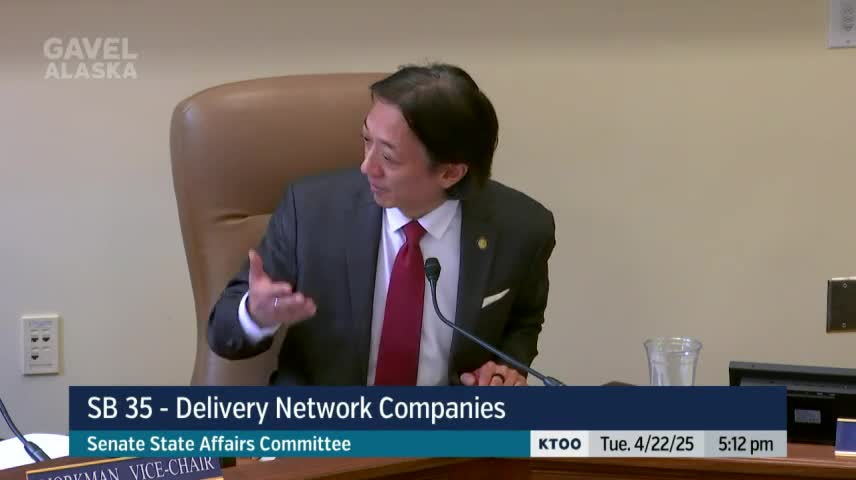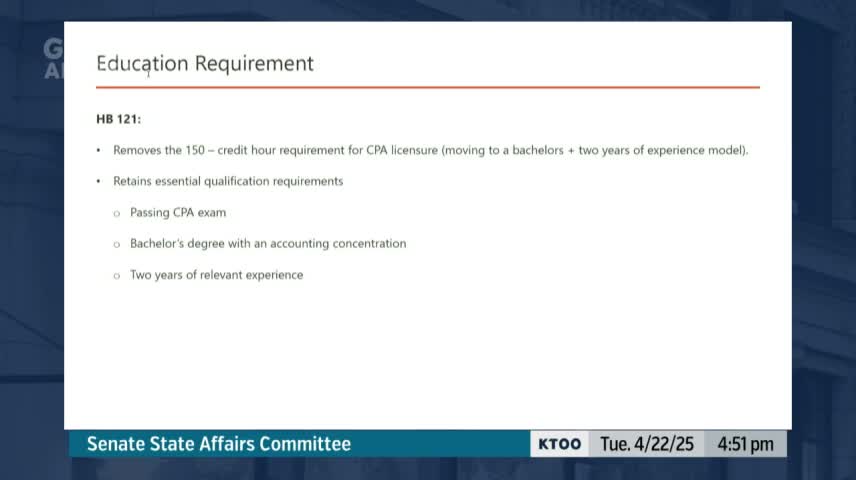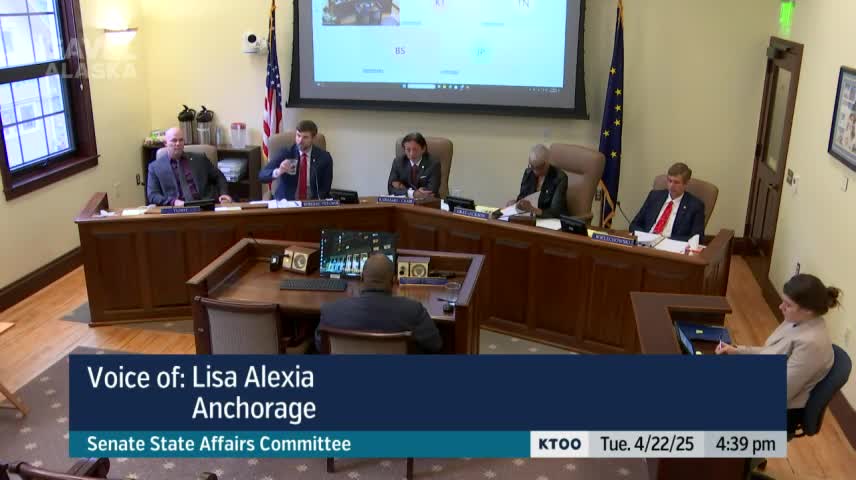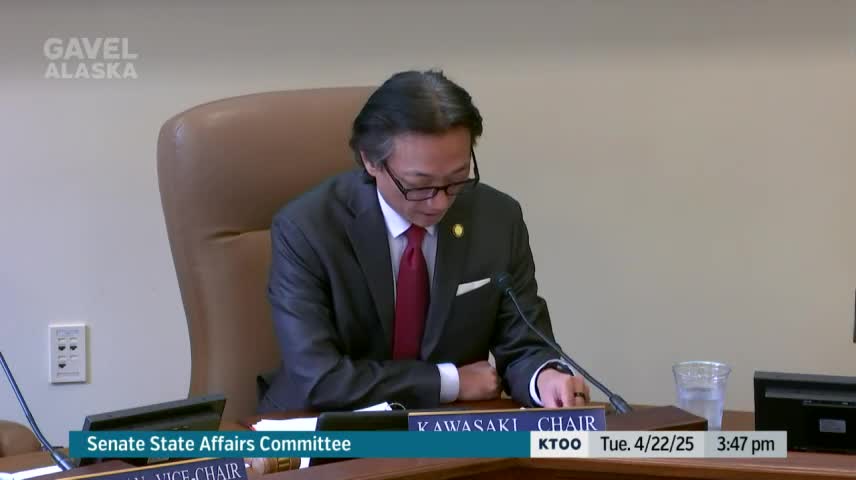Article not found
This article is no longer available. But don't worry—we've gathered other articles that discuss the same topic.

Committee reports bill defining delivery app drivers as independent contractors; moves to insurance committee

Committee reviews bill to ease CPA education rules, allow out‑of‑state firm practice privileges

Senators hear two approaches to ending daylight saving time; committee leaves bills open for amendments

